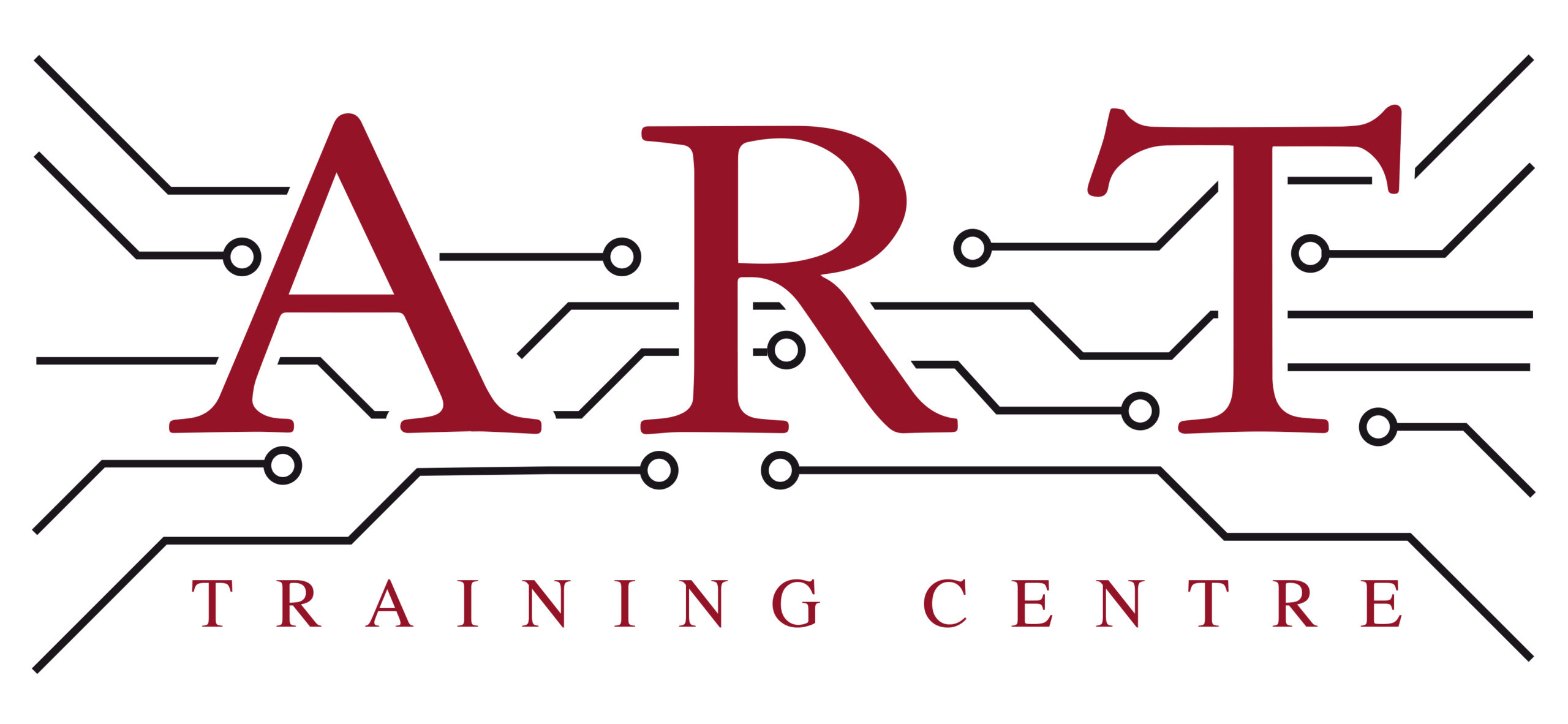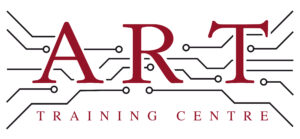Definition
Conformal Coating is a protective chemical layer applied to electronic components, particularly printed circuit boards (PCBs). This coating conforms to the shape of the substrate, providing a barrier against moisture, dust, chemicals, and temperature variations. It is a crucial process in electronics manufacturing and rework, ensuring the longevity and reliability of electronic devices.
How It’s Used in the Industry
In electronics assembly, Conformal Coating is typically applied after soldering components onto PCBs. The process begins with cleaning the board to remove any contaminants. Next, the coating material, which can be acrylic, silicone, or urethane, is sprayed or brushed onto the board. After application, the coating is cured, either through heat or UV light, to ensure proper adhesion and durability. This step is vital for technicians, as it enhances the reliability of the assembly, protecting it from environmental factors that could lead to failure.
History & Origins
Conformal Coating became common in electronics manufacturing during the 1960s, driven by the need for reliable components in military and aerospace applications. Early adoption focused on protecting sensitive electronics from harsh environments. Over the years, standards such as IPC-CC-830 were developed to guide the application and performance of conformal coatings, ensuring consistent quality. Advances in materials and application techniques have further solidified its importance in the industry.
Variations
There are several types of Conformal Coating, including acrylic, silicone, polyurethane, and epoxy. Each type has distinct properties suited for different environments. For instance, acrylic coatings are easy to apply and remove, making them ideal for prototyping, while silicone coatings offer excellent thermal stability. In contrast, epoxy coatings provide a hard, durable finish but can be challenging to remove. Understanding these variations helps technicians choose the right coating for specific applications.
Modern Applications
Today, Conformal Coating is essential in electronics production, particularly in surface mount and through-hole assembly. It ensures that devices meet quality and reliability standards, such as IPC guidelines. In professional training, understanding the application and benefits of conformal coatings is vital for technicians, as it directly impacts the performance and lifespan of electronic products in various industries, including automotive, telecommunications, and consumer electronics.
Practical Tips & Training
When working with Conformal Coating, it’s important to follow safety guidelines, such as using personal protective equipment (PPE) and ensuring proper ventilation. Inspect coated boards for uniform coverage and potential defects using visual inspection or automated optical inspection (AOI) tools. Structured training and certification in conformal coating application techniques are crucial for ensuring quality and compliance in electronics manufacturing.


